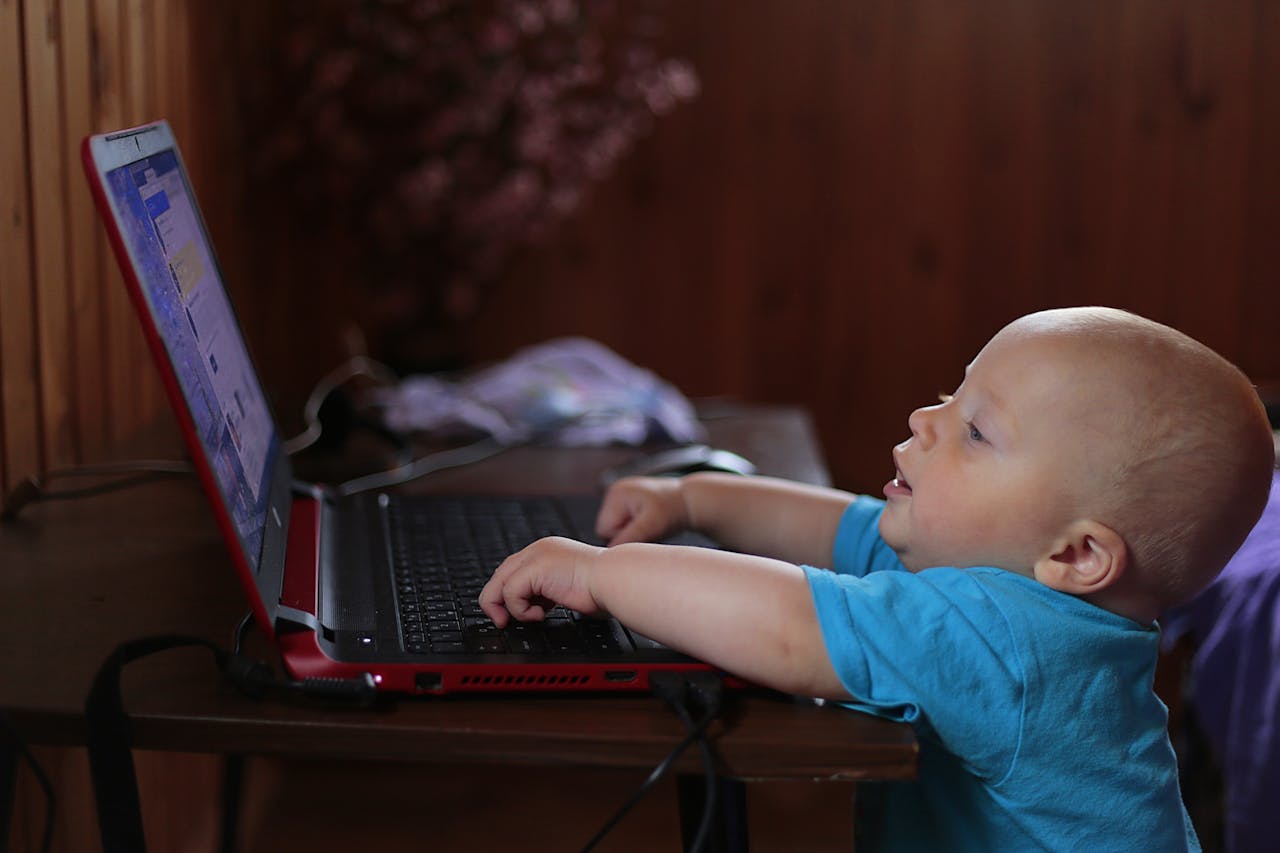When a nanny comes into the home, they aren’t just helping care for children—they’re also stepping into a household that may contain sensitive information, smart devices, and digital tools. From Wi-Fi networks to video baby monitors, the modern home is filled with technology. That’s why parents and nannies need to work together on basic cybersecurity practices to protect both the family and the caregiver.
Why Cybersecurity Matters in the Home
Cybersecurity isn’t just about protecting against hackers. In a household setting, risks can include:
- Unauthorized access to baby monitors, security cameras, or smart speakers.
- Compromised Wi-Fi networks that expose banking or personal information.
- Identity theft if sensitive information (like pay stubs, addresses, or social security numbers) is not handled securely.
- Phishing or scam attempts targeting family members or nannies.
By putting good practices in place, parents and nannies can ensure that safety at home goes beyond the physical environment.
Safe Cybersecurity Practices for Parents
1. Secure the Wi-Fi
- Use a strong, unique password for your home network.
- Set up a guest Wi-Fi for visitors, including nannies, so they don’t need access to the main household network.
2. Protect Smart Devices
- Change default usernames and passwords on baby monitors, cameras, and smart speakers.
- Keep device software and apps updated to fix security vulnerabilities.
3. Share Information Safely
- Use encrypted apps or secure cloud services when sharing schedules, documents, or emergency contacts with your nanny.
- Avoid sending sensitive details (like Social Security numbers) over email or text.
4. Educate the Household
- Teach children and caregivers about phishing emails, scam calls, and suspicious links.
- Set rules for online activity, including safe browsing and social media boundaries.
Safe Cybersecurity Practices for Nannies
1. Use Strong Personal Security Habits
- Protect your phone and tablet with a passcode, fingerprint, or facial recognition.
- Don’t reuse passwords across multiple accounts; consider a password manager.
2. Respect Household Privacy
- Only use cameras, apps, and devices the parents authorize.
- Avoid posting photos of the children or inside the home on social media without clear permission.
3. Watch for Scams
- Be cautious of emails or texts that appear to be from parents but look suspicious. Always confirm before opening links or attachments.
- Be wary of phone calls requesting information about the family.
4. Keep Work and Personal Accounts Separate
- Use different email addresses and apps for personal use versus nanny-related tasks.
- Log out of shared devices when finished.
Working Together: Parents + Nannies
The best cybersecurity approach is a partnership. Parents should set clear guidelines for technology use, while nannies should follow them closely. Consider creating a household digital safety checklist that covers:
- Wi-Fi access rules.
- Which devices can be used, and how.
- Communication protocols for emergencies.
The New York Office of Children and Family Services also has some good resources available.
Final Takeaway
Just like baby gates and outlet covers keep children safe physically, cybersecurity practices protect the digital side of the household. By working together, parents and nannies can safeguard sensitive information, maintain privacy, and create a safe environment both online and offline.
Hire Your Nanny from A New England Nanny
When you’re looking for that most important person you’ll ever hire, trust the agency with more than 34 years of experience providing caregivers to local families. Our nannies are professional, reliable, and thoroughly screened for your peace of mind. Whether you need full- or part-time care, or just occasional babysitting, after-school care, housekeeping, or even pet sitting, let us know how we can help!
Request a service or give us a call at (518) 348-0400 and we’ll provide a free consultation to get you the care you need.

